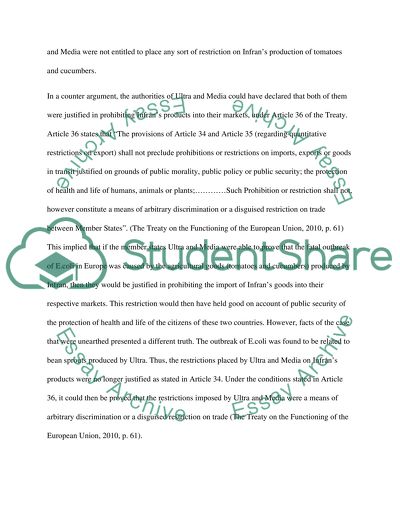Cite this document
(“European Single Market Essay Example | Topics and Well Written Essays - 3500 words”, n.d.)
Retrieved de https://studentshare.org/law/1391009-european-single-market
Retrieved de https://studentshare.org/law/1391009-european-single-market
(European Single Market Essay Example | Topics and Well Written Essays - 3500 Words)
https://studentshare.org/law/1391009-european-single-market.
https://studentshare.org/law/1391009-european-single-market.
“European Single Market Essay Example | Topics and Well Written Essays - 3500 Words”, n.d. https://studentshare.org/law/1391009-european-single-market.


